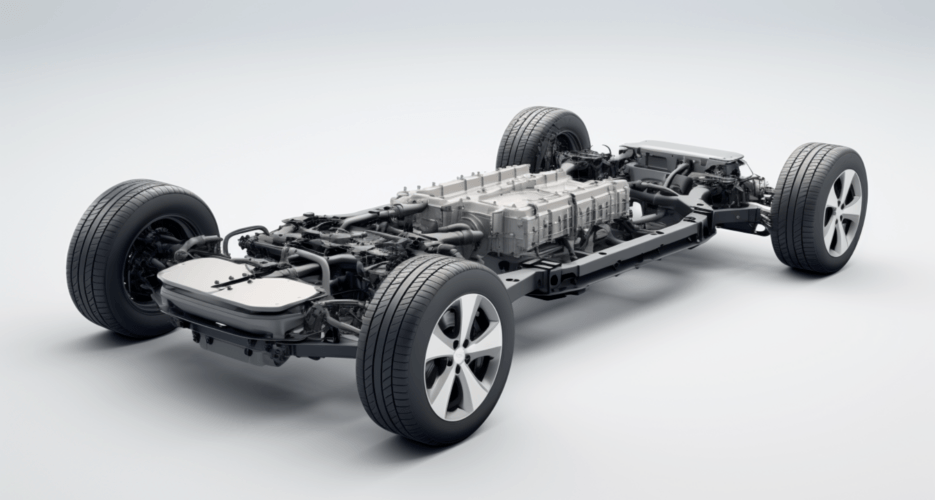South Korea’s Ministry of Environment unveiled plans on Monday to reclassify waste batteries from electric vehicles (EVs), alongside waste paper, scrap metal and other select materials, as “recyclable resources.” This 20-day administrative notification, starting from Oct. 31, means these items will no longer be deemed merely as waste and will principally be exempt from the Waste Control Act. For a waste item to earn this status, it should neither harm human health nor the environment and hold tradeable economic value to prevent neglect. Starting next year, the ministry will proactively designate recyclable resources without awaiting business applications, introducing the “Recyclable Resource Designation and Announcement System” alongside the current procedure.
Specifically, EV waste batteries will be classified as recyclable only when they show no signs of immersion, fire or deformation, or other damages that could lead to hazardous leaks or potential fire risks. Additionally, the batteries must be restored to their original performance without disassembling the cells or remanufactured into products such as energy storage systems (ESS) or emergency power supply devices. Registration on the Recyclable Resource Information Center is mandatory before creation or use, and any exports must adhere to the Act On The Transboundary Movement of Hazardous Wastes and Their Disposal.
South Korea’s Ministry of Environment unveiled plans on Monday to reclassify waste batteries from electric vehicles (EVs), alongside waste paper, scrap metal and other select materials, as “recyclable resources.” This 20-day administrative notification, starting from Oct. 31, means these items will no longer be deemed merely as waste and will principally be exempt from the Waste Control Act. For a waste item to earn this status, it should neither harm human health nor the environment and hold tradeable economic value to prevent neglect. Starting next year, the ministry will proactively designate recyclable resources without awaiting business applications, introducing the “Recyclable Resource Designation and Announcement System” alongside the current procedure.
Specifically, EV waste batteries will be classified as recyclable only when they show no signs of immersion, fire or deformation, or other damages that could lead to hazardous leaks or potential fire risks. Additionally, the batteries must be restored to their original performance without disassembling the cells or remanufactured into products such as energy storage systems (ESS) or emergency power supply devices. Registration on the Recyclable Resource Information Center is mandatory before creation or use, and any exports must adhere to the Act On The Transboundary Movement of Hazardous Wastes and Their Disposal.
Get your
KoreaPro
subscription today!
Unlock article access by becoming a KOREA PRO member today!
Unlock your access
to all our features.
Standard Annual plan includes:
-
Receive full archive access, full suite of newsletter products
-
Month in Review via email and the KOREA PRO website
-
Exclusive invites and priority access to member events
-
One year of access to NK News and NK News podcast
There are three plans available:
Lite, Standard and
Premium.
Explore which would be
the best one for you.
Explore membership options
© Korea Risk Group. All rights reserved.
No part of this content may be reproduced, distributed, or used for
commercial purposes without prior written permission from Korea Risk
Group.












